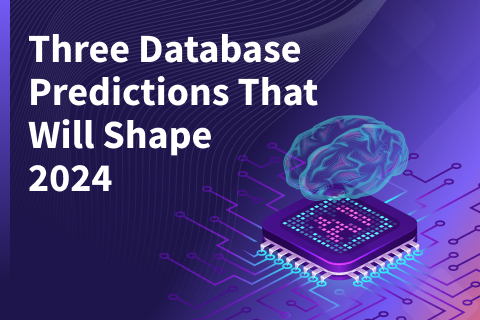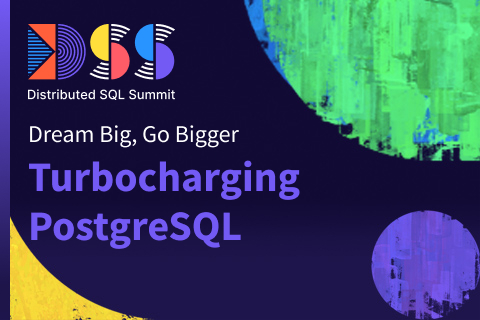Building an Autonomous AI Agent with LangChain and PostgreSQL pgvector
In this blog, we examine how to create a fully autonomous AI travel agent, capable of finding listings and managing bookings using LangChain, OpenAI, PostgreSQL and pgvector, with YugabyteDB as the underlying database. Learn how to build your own AI agent backed by PostgreSQL using components available in today’s ecosystem.









